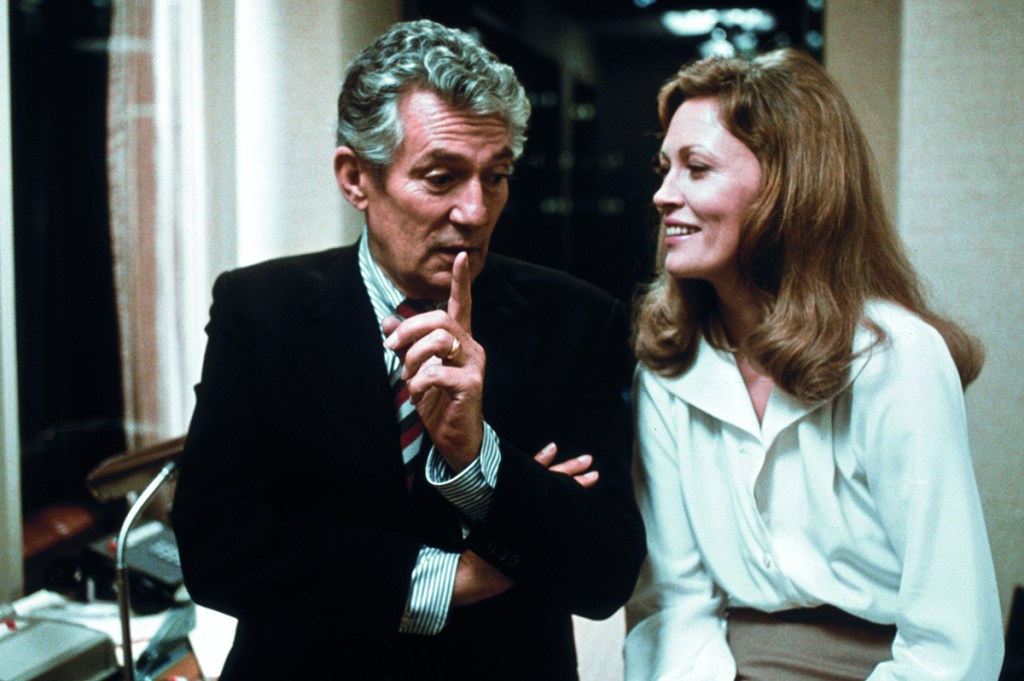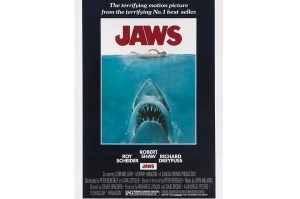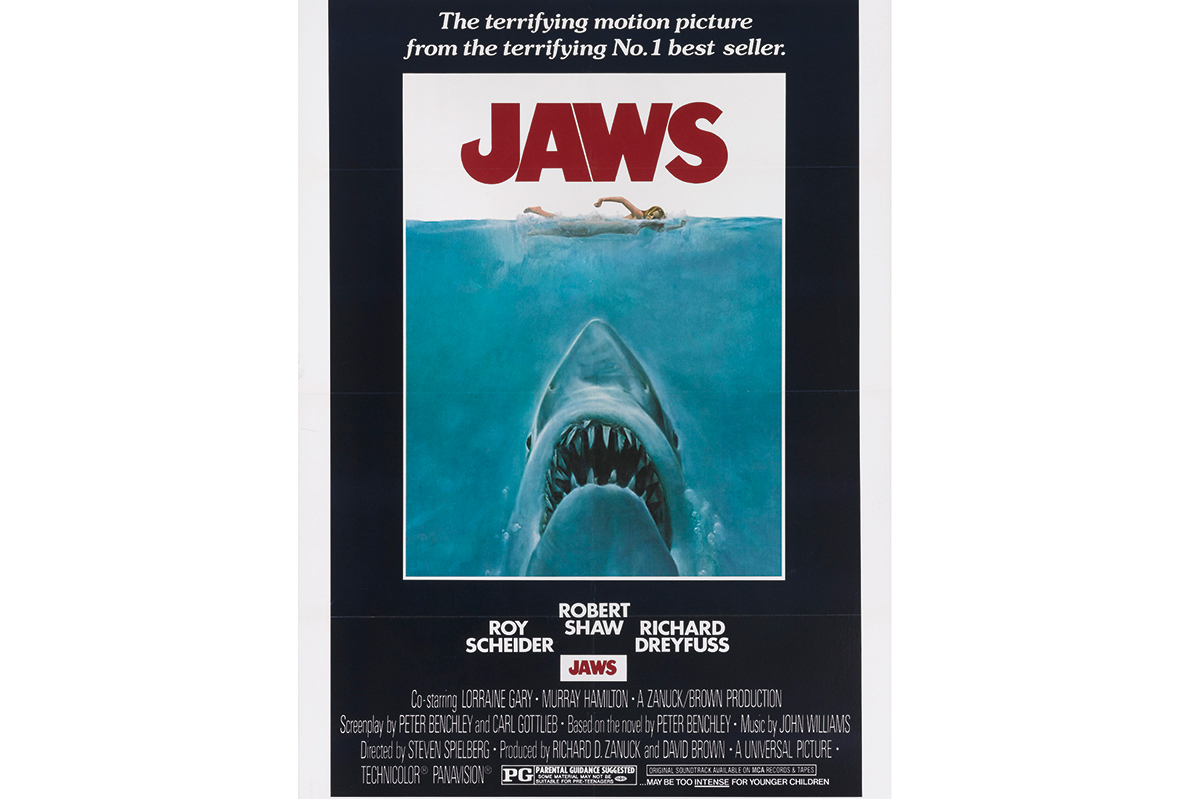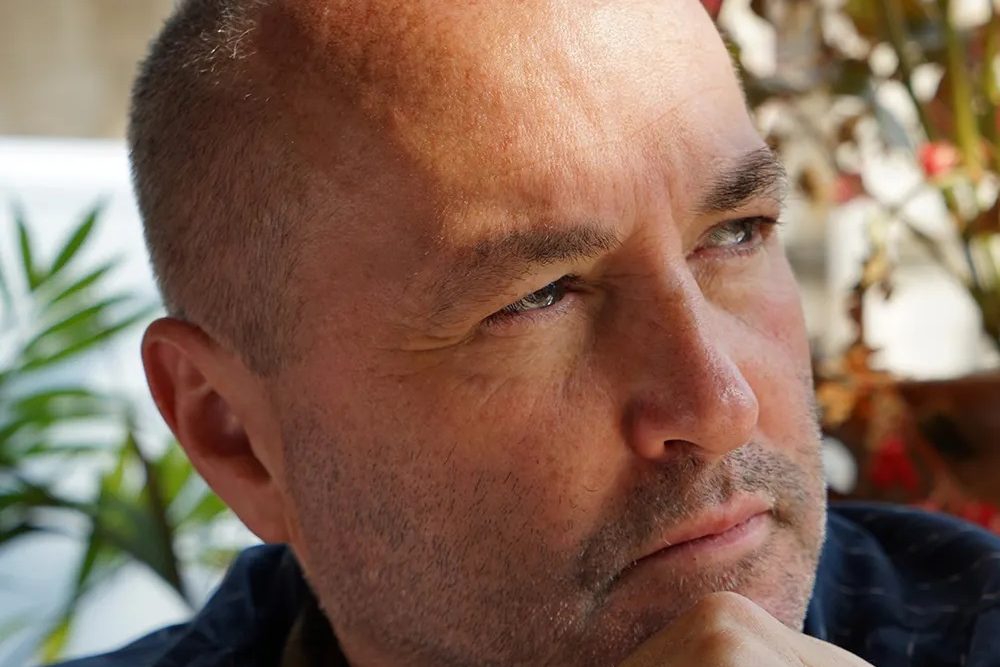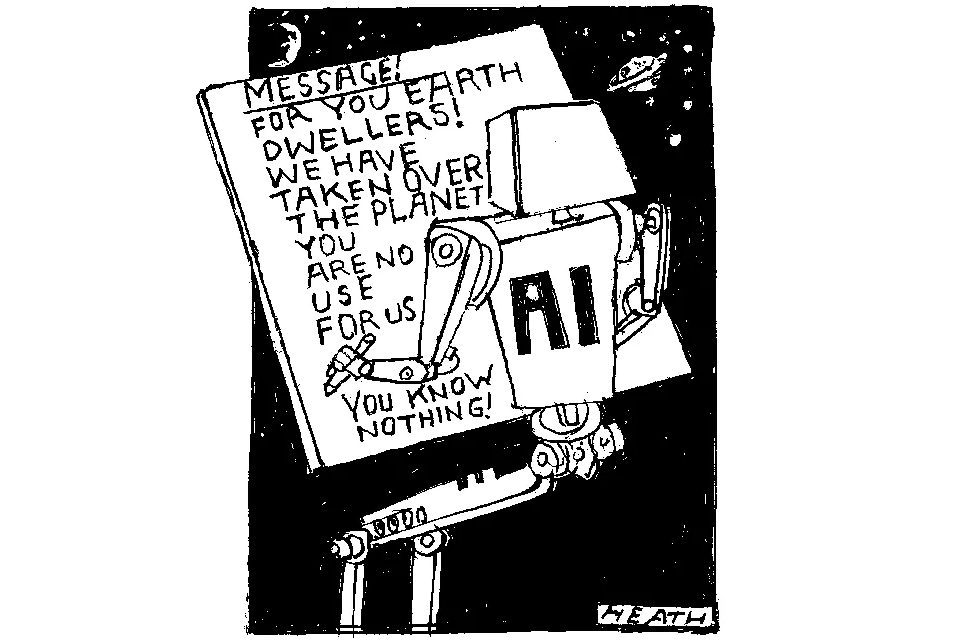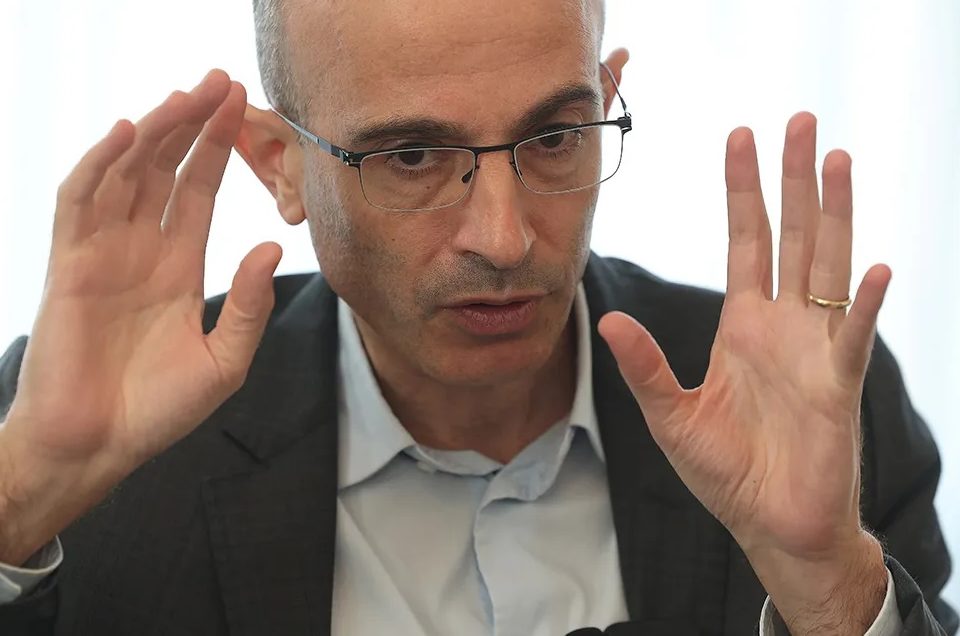The everyday experience of 2020 includes televised demagogy and a national media making pure spectacle out of domestic terrorism and race riots. The less we believe what we see, the stranger the sights become. These experiences are also the story of Network, the 1976 Paddy Chayefsky/Sidney Lumet hit which won four Oscars out of its 10 nominations. We must ask ourselves why are we living out the 1970s again and, indeed, enacting its satire in deadly earnest.
Marx said history repeats itself, first as tragedy, then as farce, but what did he know of Hollywood? A remake is the safest bet. We, however, have reversed Marx’s sequence. Our movies are stuck with ever worse remakes of old movies, but Hollywood is ever more committed to rehearsing old fantasies, perhaps in the hope that we’ll believe them this time around. Today, the grim cinematic satires of the Seventies are replaying as national catastrophes.
Network is so far-sighted because it takes seriously the shift in post-war liberalism, from the halcyon days of Edward R. Murrow to the transformation of the news into theater. We see the collapse and abandonment of the high hopes of transforming America through technocratic reason. As the administrative state replaces ignorant politicians with ‘experts’ on issues of burning national importance, so the national media emphasizes its objectivity and tells everyone the same stories with the same authoritative confidence.
But the Great Society failed catastrophically as race riots, urban bombing campaigns unprecedented in American history, and Vietnam protests tore the country apart and set students against the Democrats who depended on their votes. Liberalism’s authoritative media speakers lost their authority and became as questionable as liberalism’s authoritative champions in politics. When the political elites fail to act for the common good, how can the journalistic elites do their job? By damning their own ideology or lying. Beautiful fantasies or ugly truths: this is how liberalism comes crashing down.
A similar process transformed capitalism from the power that made America triumph in World War Two to a globalized system of corporations which, to say the least, cannot be patriotic. If it is no longer possible to do well by doing good, making money replaces telling the truth. This, the first lesson of Hollywood, is, for now anyway, the last lesson of American capitalism. As society dissolves, profit still lies in systematically shielding people from an increasingly ugly reality, in selling one fantasy after another in each time slot on every channel.
This transformation of idealism into cynicism is the situation our protagonists face in Network. The station executive Max Schumacher (played by the wonderful Bill Holden, who got an Oscar nomination for his role) and the news anchor Howard Beale (Peter Finch, in an Oscar-winning performance) are facing the end of their careers. The ratings are down, the country is demoralized, corporate is shaking things up in search of profits, and time’s wingèd chariot is already parked in the lot downstairs.
Schumacher and Beale are agonizing over their wasted lives — wasted because they can see that everything they value is about to be abandoned. They believed in serving and saving America through a Stoic ethic: austere, factual, classy journalism. But vulgarity, sensationalism and gaudy display have replaced the ethic of the war years. Their faith betrayed, they sell their souls to the devil.
Schumacher leaves his wife Louise and shacks up with Diana Christensen, a young producer (Beatrice Straight and Faye Dunaway, respectively, both Oscar winners). Diana’s corporate success vies with her damaged-goods chic to make her attractive and loathsome to Schumacher at the same time. This assuages his own shame. He still hopes to become a father figure to the industry and is willing to buy love at the price of his soul — somewhat like Republican the leaders who trade respectability for access to power in the Trump administration, but without changing their beliefs.
Howard Beale, meanwhile, turns populist and threatens to commit suicide on the air. He becomes an overnight ratings sensation when he loses his mind and finally says what the silent majority believes: that the country is going down the tubes and the hypocrisy of institutional elites cannot conceal the truth anymore. His angry populism threatens to start a political movement. This leads him into conflict with the corporate overlord Arthur Jensen (played here by Ned Beatty, also Oscar-nominated), who bullies, indeed brainwashes him into serving what we now call transnational corporate globalization.
We hear complaints about unpatriotic capitalism and our exploitative elites every night from Tucker Carlson, the last of the WASPs. Well, that script was first written and directed by liberal Jews like Paddy Chayefsky and Sidney Lumet. Perhaps they would be accused of white supremacy and racism today, and summarily canceled for their disapproval of the ancestors of Black Lives Matter, the extremist black movements that mixed terrorism, celebrity and grift in the late Sixties and Seventies.
We’ll see whether the heirs of Rupert Murdoch at Fox News destroy Tucker Carlson the way the post-patriotic corporate overlord in Network destroys Howard Beale. They might let Carlson stay on, if only because the business has changed, and in ways not foreseen in Network: the digital realm is now far more influential than television, though it’s not yet as prestigious or lucrative. But then again Silicon Valley is just as unpatriotic and intent on brainwashing the voters with fantasies as the old networks were.
A more worrisome change is that Beale’s silent majority may simply have disappeared since the 1970s. Donald Trump won in 2016 because a small number of voters in a small number of states shifted from voting Democratic (or not voting at all) to Republican. There is no evidence that he is more popular now, and the next elections will, like those of 1972 and 1976, be held amid national crises. The situation looks as hopeless for conservatism now as it did for liberalism then.
Populism is more often a sign of agony than of success in America. It’s more often William Jennings Bryan than Andrew Jackson. Howard Beale’s fate and the anger of principled liberals like Chayefsky and Lumet are by no means a thing of the past. But this time it’s the conservatives who are searching their souls and wondering whether there’s a future. Despite the proliferation of media, it is as difficult today as it was then to speak to and for the electorate — and much more difficult to transmit serious political ideas.
In Network, the soulless producer and the other corporate types hire black radicals, themselves recently minted television celebrities, to assassinate the populist Beale. Then as now, young professional women are harbingers of a counter-revolution in which the elite retain power through mob tactics and a veneer of radical socialism. The alliance of progressive radicalism and what we now call ‘woke capital’ can work a cultural revolution. Welcome to Network’s future, the ‘Mao Zedong Hour’.
This wasn’t predestined. Conservatives just failed to learn from the most farsighted liberals. The GOP abandoned its Reagan worship long after it abandoned his populism. It’s time to abandon his fantasy of ‘morning in America’ too. We have more to learn from the artists who spent the 1970s warning America about the coming madness of a society torn apart by its contradictions.
To feel the full horror of a zombie Biden presidency, don’t watch Night of the Living Dead. Watch Martin Scorsese’s Taxi Driver (1976). A nation sunk in urban squalor is offered politicians little better than robots, programmed to talk in feel-good speeches. Joe Biden is doing that now. The Dorian Gray of liberalism, he trades on the memory of the handsome young Robert Redford in The Candidate (1972), directed by Michael Ritchie. Taxi Driver is very serious about the suffering of the military veteran who goes crazy because he cannot reconnect and secure a middle-class, civilian future. After Afghanistan and Iraq, the country is going through that Seventies madness all over again. Now as then, our elites have nothing to offer veterans except criticism of them as racist, sexist, mansplaining and mysteriously privileged manspreaders.
A techno-utopian surveillance system is being designed on social media with the blessing of tech billionaires, the enthusiasm of woke mobs and the complicity of the national-security state. To know you’re not paranoid and that they really are out to get you, watch Coppola’s The Conversation (1974), a unique portrait of an ambitious yet meek specialist in espionage technology. Notice, too, how our liberals have shifted from Redford’s antihero on the run from the CIA in Three Days of the Condor (1975) to a worship of surveillance. Watching Redford being fed information by the ‘deep state’ in All the President’s Men (1976), we wonder if idealism or the public good were only ever the liberal rhetoric of power-seeking. Maybe Trump really is like Nixon — a stranger in DC, driven mad by invisible enemies, up against an establishment bound to vanquish him.
Finally, since not even the Seventies were all despair, remember Sly Stallone’s Rocky (1976) and Spielberg’s Jaws (1975), two stories about the catastrophe afflicting American cities and the heroic struggle to regain our humanity. Rocky is an update of Frank Capra’s movies about the grandeur and misery of being American — Stallone’s another Mr Deeds or Mr Smith, an uncorrupted everyman appealing to the best in us.
Spielberg’s is a darker reflection. What if that appeal goes unheard? In Jaws, Tocquevillian township democracy is dead, and commerce cannot stop evil, only ignore it. In the end, the sheriff and marine biologist, symbols of a future of government and science, survive, but the war veteran, the essence of patriotism, is killed.
All these warnings went unheeded. But it’s not too late to learn. To conserve the best of America, we need to understand the worst threats we face — and face the ugly truths. And there is no uglier teller of truths than Hollywood.
This article is in The Spectator’s September 2020 US edition.



